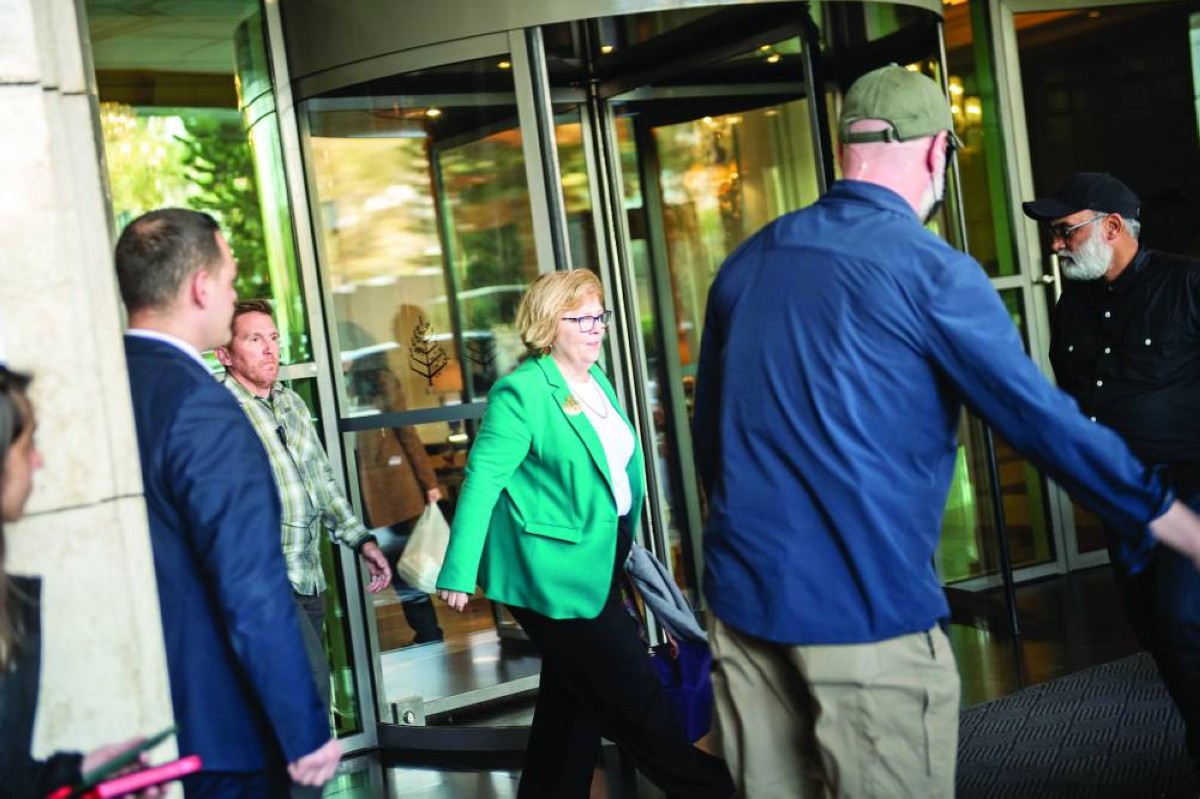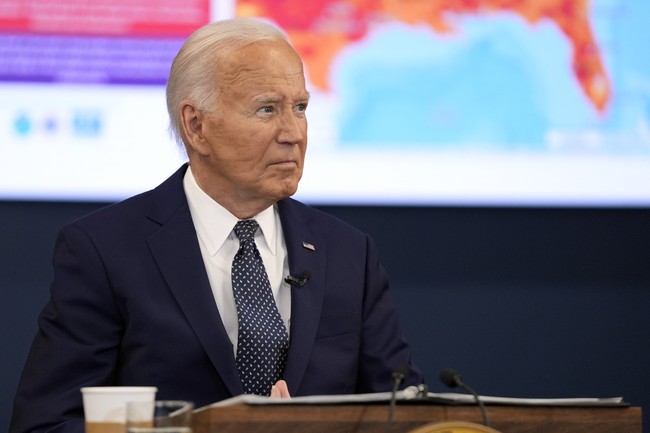Mass Grave in Syria: A Grim Discovery
A shocking discovery near Damascus unveils a mass grave potentially holding over 100,000 bodies, reigniting discussions on human rights abuses in war-torn Syria.
Published December 18, 2024 - 00:12am

Image recovered from arabnews.com
In a grim and harrowing revelation, a U.S.-based Syrian advocacy group has claimed the discovery of a mass grave north of Damascus, purportedly containing the bodies of at least 100,000 victims of the Assad regime. The site, located in al Qutayfah, is one of five such graves identified over the years by Mouaz Moustafa, leader of the Syrian Emergency Task Force. These allegations, though substantial, remain unverified by external agencies like Reuters.
As the Syrian civil war drags on, it has left a staggering death toll in its wake. Moustafa asserts that this is likely just the tip of the iceberg, as more graves and sites of mass executions are expected to surface. Many accusations are leveled against the Assad family, particularly Bashar al-Assad and his late father, Hafez al-Assad, for systemic human rights abuses, including extrajudicial killings and mass executions, particularly within Syria's notorious prison system.
The grave's discovery comes in the context of the Syrian regime's collapse, catalyzed by a swift insurgent offensive. Bashar al-Assad has flown to Russia, marking the end of his family's over half-century rule over Syria. This change in political climate has opened a window for advocacy groups like Moustafa's to shine a light on the regime's atrocities. Moustafa shared insights from those who managed these mass graves, often coerced into these tasks.
Interviewees include bulldozer drivers forced to dig these graves and workers who were part of the logistics chain that transported bodies in refrigerated vehicles. Their accounts paint a chilling picture of a systematic process managed by the Syrian air force's intelligence wing and aided by Damascus' municipal funeral offices.
Despite the severity of these claims, there is still a lack of physical security at these sites, which jeopardizes the potential for future investigations and the preservation of crucial evidence. This raises serious concerns within the international community seeking justice for the victims of Syria's conflict. Moustafa urges urgent interventions to protect these sites to enable comprehensive investigations into the war crimes committed.
As the global community processes these developments, the debate continues on how to address the legacy of alleged atrocities under the Assad regime. Syria's current UN Ambassador Koussay Aldahhak, although awaiting instructions from interim Syrian authorities, maintains a guarded stance, defending his past allegiance to the Syrian government.
These developments underscore the deep scars and unresolved tensions in post-conflict Syria, with significant ramifications for both local populations and international human rights advocacy. As these newly discovered graves shift the discourse, they bring renewed urgency to the need for robust international responses and resolutions to address the human toll of Syria's civil war.






